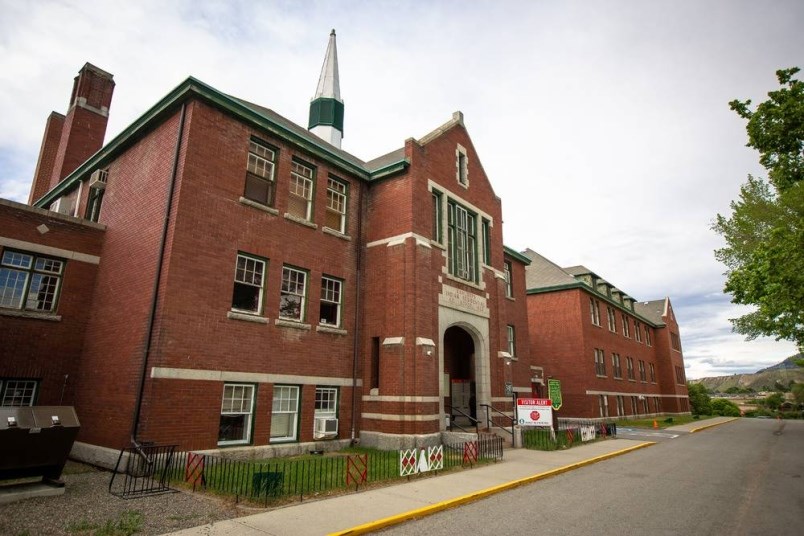Re: “Residential school victims remembered,” June 3.
Some people need to believe that such atrocious occurrences happened “long ago” or “in the past” and that, or therefore, humanity could/would not allow them to happen again, in our much more modern times.
I, however, doubt that is the way large-scale societies — let alone border-segregated, independent nations — necessarily behave collectively.
After 34 years of news consumption, I have found that a disturbingly large number of categorized people, however precious their souls, can be considered thus treated as though disposable, even to an otherwise democratic nation. When the young children of those people take notice of this, tragically, they’re vulnerable to begin perceiving themselves as beings without value.
When I say this, I primarily have in mind Indigenous (and perhaps Black) Canadians and Americans. But, tragically, such horrendous occurrences still happen on Earth, often enough going unrealized to the rest of the world.
The Indigenous children's mass grave, as sadly anticipated as the find was (and others are expected), must not be in vain. Rather, it must mark the start of a substantial progressive move forward for Indigenous peoples, especially regarding life’s fundamental necessities (proper shelter and clean air, water and food).
Frank Sterle, Jr.
White Rock



